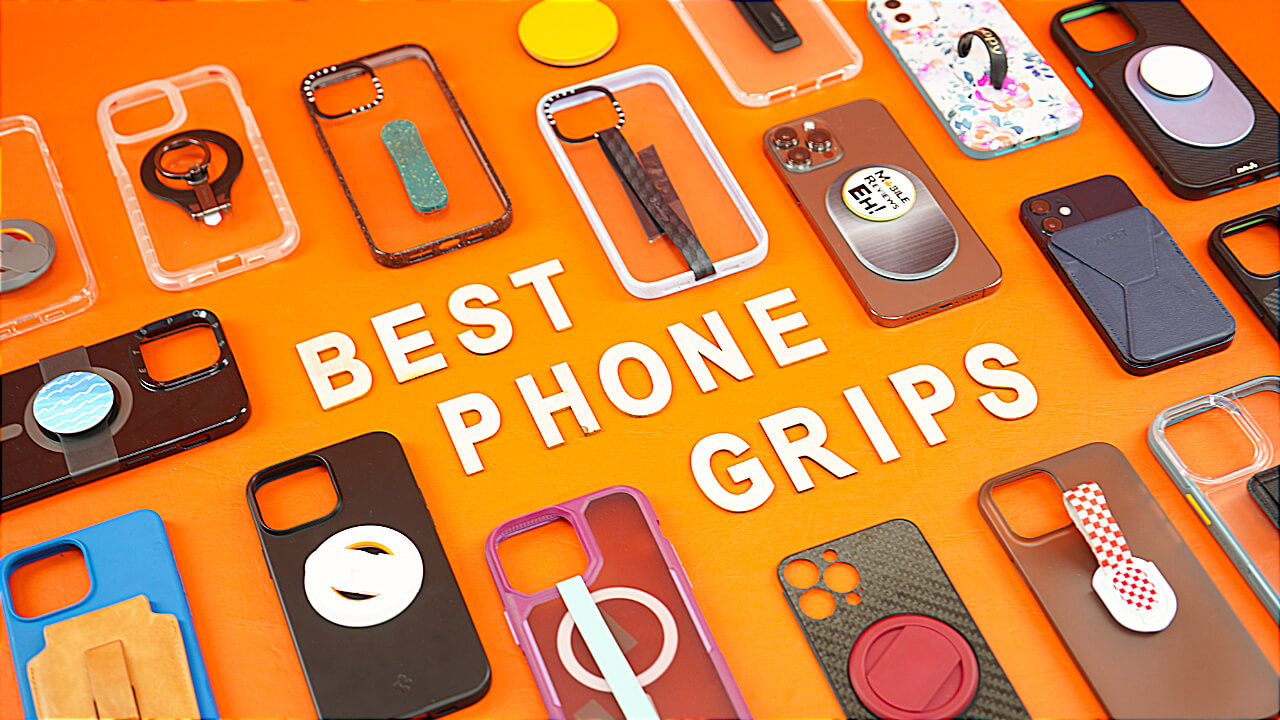Eco-Tech Revolution: Embracing Sustainable Accessories for a Greener Tomorrow

In the ever-evolving tech landscape, sustainability has become a critical concern. The shift away from plastic packaging to more eco-friendly alternatives is evident. Both physical and online tech retailers are increasingly offering recycling options for outdated devices. Furthermore, newer devices, like smartphones, have embraced energy efficiency and longevity, with Apple providing up to five years of software update compatibility. From the device construction to add-ons like chargers and phone cases, environmentally conscious recycled materials are being used to ensure a lower carbon footprint.

The Impact on Tech Industry and Consumer Behavior
This eco-friendly momentum is not only revolutionizing major tech players like Google and Apple but also affecting smaller enterprises and consumer purchasing habits. According to a 2023 Deloitte study, a significant 67% of consumers now prioritize environmental sustainability when purchasing electronic goods. Consumers are keenly aware of product sustainability, and this consideration extends to the accessories they choose. Considering the rising awareness and demand, numerous eco-friendly accessory options are now available that do not undermine budget constraints.
Sustainable Phone Cases: Combining Utility and Eco-Friendliness
Sustainable phone cases break new ground by utilizing recycled, plant-based, or straw waste materials. Unlike conventional options, these eco-friendly cases decompose fully within two years and contribute fewer greenhouse gas emissions than plastic counterparts. Moreover, many brands allow customers to return old phone cases for recycling, offering discounts or incentives for new purchases. These cases are not just environmentally sound; their lightweight and durable materials make them practical and long-lasting. Pioneers like Pela are setting the trend with low-waste phone cases, though the higher price point reflects superior material quality and longevity, offering an advantage over brittle plastic cases.

A Secure Grip: Avoiding Accidental Drops with Sustainable Phone Accessories
One of the most common smartphone mishaps is accidental drops, leading to cracks, dents, or even costly repairs. A high-quality phone grip can significantly reduce the risk of slips by providing a secure hold, making it easier to use your device with one hand, take stable photos, or navigate on the go. Many sustainable phone grip options are now available, crafted from recycled materials like biodegradable plastics, cork, or even plant-based alternatives. These eco-friendly grips not only enhance comfort and usability but also contribute to reducing waste by offering durable, long-lasting designs.
Additionally, products like Phone Loops, PopSockets, or adhesive grips offer minimalistic and lightweight solutions that don’t compromise on sustainability. Choosing a phone grip made from responsibly sourced materials ensures that you’re protecting both your phone and the environment—one less accidental drop, one more step toward a greener future.

Bamboo Phone Stands: Sustainable Style Meets Functionality
In the quest for sustainability and aesthetics, bamboo phone stands provide an ideal solution for streaming content hands-free. While traditional phone stands are often bulky and made from plastic or metal, bamboo alternatives offer an elegant design and are crafted using eco-friendly, sustainably sourced bamboo. Furthermore, bamboo's rapid renewability makes it a more sustainable choice than conventional wooden materials. When opting for a bamboo phone stand, it's essential to ensure that the bamboo is responsibly sourced and that both the product and packaging are plastic and BPA-free.

Recycled Glass Screen Protectors: A Blend of Strength and Sustainability
Recycled glass is now a standard material for screen protectors, combining sustainability with robust protection against scratches and damage. Given that a screen protector is the primary investment for maintaining a phone's durability, opting for one made from recycled glass is both environmentally and practically sound. Companies like Zagg lead the way by using 30% post-consumer recycled glass and offering sustainable packaging. Checking the product details and the brand's environmental initiatives can guide consumers to make eco-conscious choices.

Eco-Conscious Earbuds: Sound Quality Meets Sustainability
Traditional earbuds often consist of parts that contribute to landfill issues. To counter this, companies now produce earbuds using organic and recycled materials such as bamboo, cork, and recycled metals. Brands like House of Marley incorporate sustainably sourced bamboo without compromising on sound quality or battery performance. Meanwhile, initiatives by companies like Skullcandy to eliminate heavy metals from their products effectively reduce their ecological impact. These efforts demonstrate that eco-friendly earbuds can deliver outstanding acoustics while maintaining a smaller carbon footprint.
MagSafe Cardholders: Minimalism and Sustainability
Taking inspiration from sustainable phone cases, MagSafe cardholders use plant-based materials, offering a compostable and sturdy solution for carrying essential cards. These cardholders are designed for convenience and compatibility with MagSafe or Qi charging systems. While they typically hold only one or two cards, their eco-friendly design offers various sustainable material options, including vegan leather and recyclable nylon. Brands like Pela and others emphasize using biodegradable materials, offering innovative solutions for smartphone users.

Embrace Sustainability with Responsible Choices
By incorporating these sustainable accessories, consumers not only enhance their smartphone experience but actively reduce their carbon footprint. Shoppers should prioritize the environmental credentials of materials when purchasing from third-party suppliers like Amazon or Walmart. Embracing sustainability is now a cornerstone for many brands, leading to diverse eco-friendly accessory options. Furthermore, recycling old tech items is crucial—rather than discarding them, consider renewing or refurbishing through established recycling programs, thus closing the loop in this eco-conscious journey.

